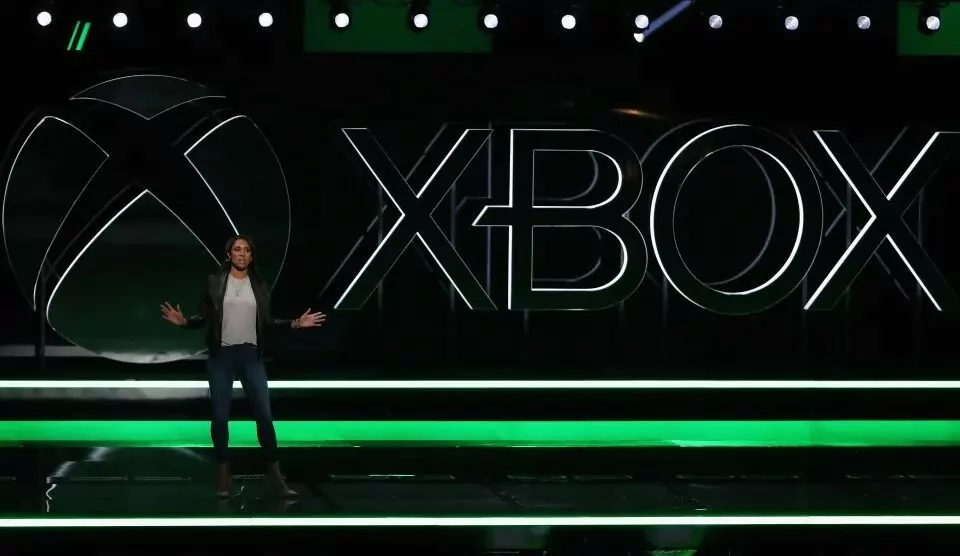Apple is poised to loosen its legendary walled garden App Store policies for the first time ever in response to mounting regulatory pressure. But rather than embracing open competition, critics say Apple is working to extend its ecosystem control through restrictive taxes and barriers.
In this 2000 word analysis, we’ll examine:
- What specific App Store rule changes Apple is making
- Reactions and concerns from major players like Microsoft and Epic
- Apple’s defenses of the controversial commission fees
- What the changes could mean for iOS users and app developers
Forced to Adapt: App Store Monopoly No More
Apple has monopolized iOS app distribution and in-app purchases for iPhone and iPad since the App Store launched in 2008. But landmark new digital regulations in the EU are now forcing Apple to reluctantly open its walled garden to alternative stores.
Sideloading Mandated by Digital Markets Act
The main catalyst driving Apple’s policy shifts is the European Union’s new Digital Markets Act (DMA). This first-of-its-kind legislation specifically targets anti-competitive actions by Big Tech giants.
And one key DMA requirement applyng to Apple is mandating sideloading support on iPhones and iPads. This means Apple must now allow users to install apps from third-party stores beyond the official App Store.
Complying While Maintaining Control
Apple has been extremely resistant to sideloading and third-party iOS app stores historically. So they are attempting to comply with DMA rules in ways that minimize actual disruption to their App Store dominance.
This involves imposing strict regulations and fees any external stores must adhere to, which critics argue shows Apple isn’t truly opening up iOS to competition in good faith.
Microsoft and Others Claim Consumer Harm
In response to Apple’s announced iOS store policies, several major developers have voiced concerns over the changes actually limiting competition rather than enabling it.
Xbox Chief Calls Out Restrictiveness
Xbox head Phil Spencer called Apple’s rules a “step in the wrong direction,” restricting innovation and inflating costs for consumers and developers seeking iOS app distribution alternatives.
He specifically called out the required commissions up to 27% that Apple will charge for apps installed through third-party marketplaces as being noncompetitive.
Spotify and Epic Planning Own Stores
Music streamer Spotify and Fortnite developer Epic Games share similar sentiments. Both companies have ongoing antitrust battles against Apple’s App Store fees and restrictive policies.
They are each now planning to launch their own iOS app stores. But the required commissions to Apple on downloads threaten their abilities to pass meaningful savings onto consumers.
Apple Defends Commissions as “Fair”
Apple unsurprisingly disagrees with accusations of anticompetitive behavior or consumer harm from its new App Store rules.
Claiming Stores Must Pay for iOS Access
The iPhone maker strongly believes that alternative third-party app stores still gain immense value from iOS access. Therefore, Apple claims collecting a percentage of downloads is fair compensation.
They argue the commissions fund critical App Store infrastructure and developer tools to support the iOS ecosystem for all parties.
Highlighting Consumer Choice Wins
Apple also counters criticism by highlighting that the DMA changes still represent a win for consumer choice, regardless of the rules imposed on competing stores.
Since users will now have the option to install apps from places like the Epic Games Store or Spotify, Apple believes they are delivering the app access diversity desired.
What Do These Rules Mean for the Future?
While the sides debate fiercely over whether Apple’s App Store alterations help or hinder competition, the tangible impacts remain to be seen.
Lower Prices Unlikely Initially
In the short term, consumers are unlikely to see significant App Store price changes given the required commission structure.
But eventually with dedicated stores like Spotify’s, some specialized apps may drop pricing due to avoiding Apple taxes.
More Monetization Models Possible
However, the bigger potential change could be alternative payment systems unlocking new monetization models on iOS.
For example, bypassing Apple IAP might allow Epic to relaunch Fortnite on iPad and iPhone with lower V-Bucks pricing or discounts.
Smaller Devs Could Suffer
On the flip side, more choice concentration into big publisher stores could make it harder than ever for smaller, indie developers to get iOS visibility without high commissions.
Time will tell how broadly these App Store shifts impact the iOS revenue potential for both mega publishers and garage devs alike.
Is This Progress or Performative?
Opinions vary wildly on whether Apple’s Irish jig towards iOS openness drives meaningful competitive progress or merely performative appeasements of EU regulators.
By structuring alternative store rules to their maximum benefit, Apple likely hopes to tamp down revolt rather than effect radical change.
But with escalating antitrust pressures worldwide combined with massive big tech fines under the DMA, further concessions could arise on Apple’s traditionally closed iOS guardrails.
We’ll be watching closely in 2023 and beyond as this App Store saga continues unfolding!










Add Comment